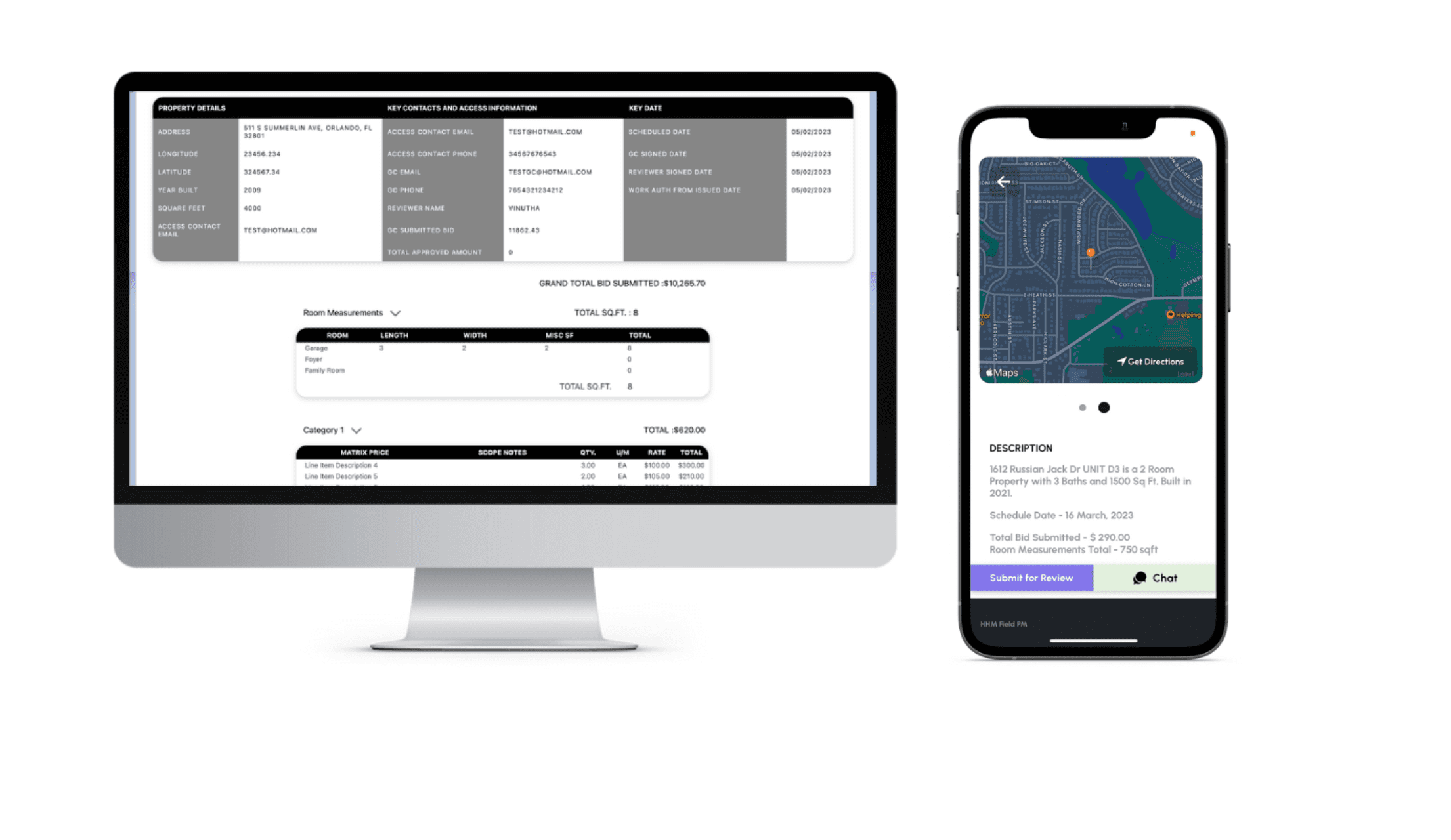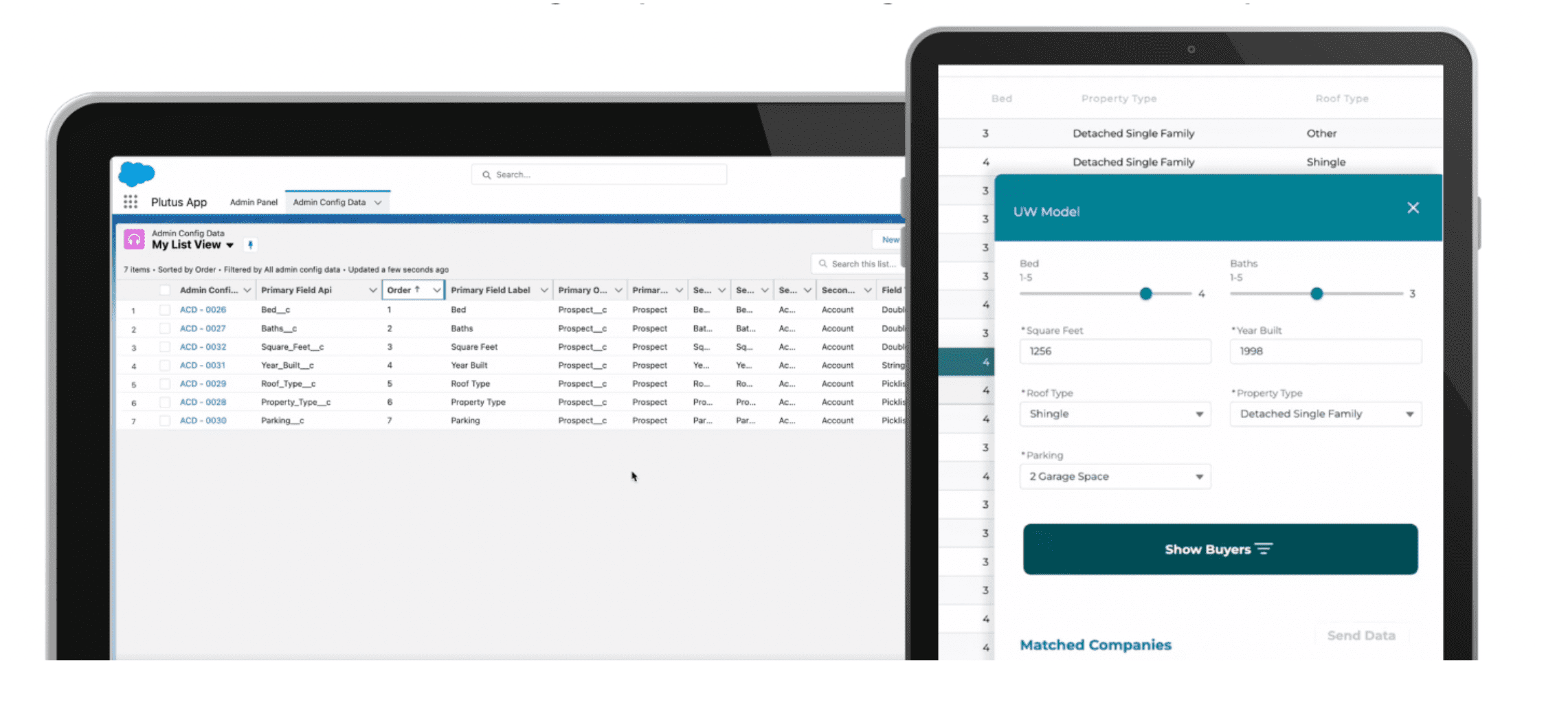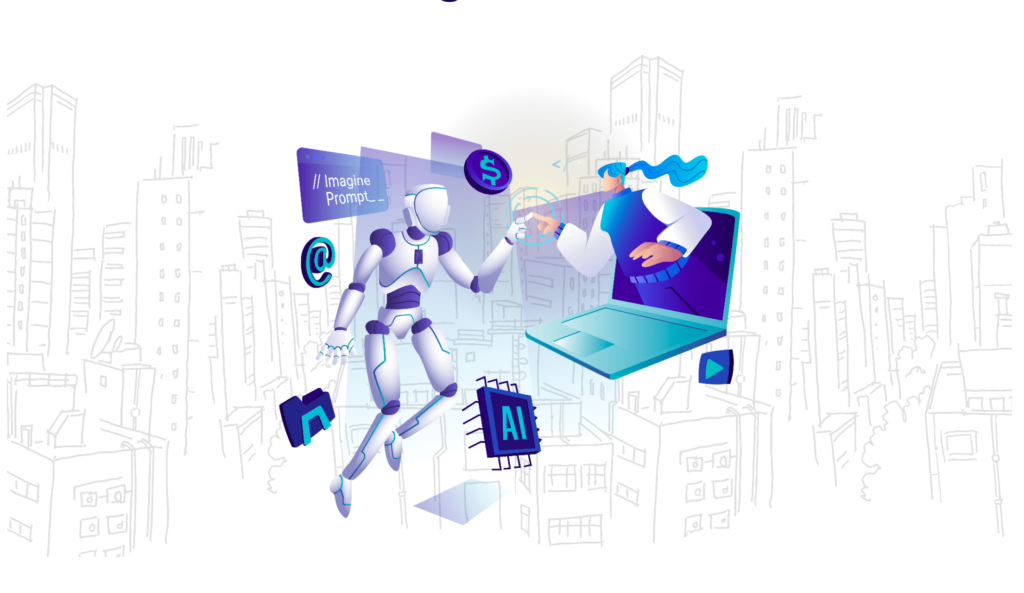The Royal Institute for Chartered Surveyors (RICS) recently released a groundbreaking report on the transformative power of artificial intelligence (AI) and PropTech in the construction and property industries. Andrew Knight, RICS’ Global Data and Tech lead and author of the report, sheds light on the current state of AI adoption and its potential to reshape the future of real estate and new building projects. In this blog post, we delve into the key insights shared by Knight and explore how AI can solve long-standing challenges in the sector while enhancing environmental, social, and governance (ESG) credentials.
Unlocking the Potential of AI in Real Estate

The adoption of AI in the construction and property industries is gaining momentum, with its applications ranging from controlling heating and ventilation systems to data analytics and decision-making support. However, the sector still grapples with archaic data practises and siloed information. AI presents a solution by leveraging natural language processing to extract data from documents, aggregate diverse data sources, and assess data quality. Its pervasive nature has the potential to revolutionize the sector, but it requires the ability to interpret AI-driven outcomes, especially in valuation scenarios where professionals must defend their decisions in commercial settings and potentially in court.
Mitigating Legal Risks and Ensuring Responsible AI Use
While AI holds immense promise, it is crucial to use it responsibly and understand how it presents information. In instances where AI controls crucial aspects such as building renovations, development costs, or property valuations, there is a significant risk factor involved. Valuers need to interpret AI outputs to instill confidence in the results, as inaccuracies could lead to legal consequences. AI should not be treated as a black box but rather as a tool that professionals can rely on while being accountable for their advice and decisions.
Digital Transformation
Digitization should be viewed as a business issue rather than solely an IT matter. Simply digitalizing existing processes is insufficient. The focus should be on reimagining processes and leveraging technology to find innovative solutions. Ultimately, the goal is to provide clients with better outcomes, whether they are individual homebuyers, government entities overseeing infrastructure projects, or corporate clients engaged in new developments.
Addressing ESG Challenges in Real Estate
One of the greatest challenges facing the real estate sector is reducing its carbon footprint and improving its ESG credentials. While attention often gravitates towards high-profile smart buildings, the long tail of existing buildings—schools, regional offices, and other smaller assets—contributes significantly to emissions. AI, combined with affordable sensors and off-the-shelf AI-as-a-service solutions, can democratize data and technology, enabling even the smallest asset owners to make energy-efficient improvements. By optimizing energy consumption, AI can deliver significant cost savings and environmental benefits.
The Realistic Role of AI
Contrary to popular belief, AI is not set to replace human professionals in the real estate sector. Instead, it enhances their capabilities and productivity. AI’s potential lies in automating mundane tasks, such as note-taking or transcriptions, allowing professionals to focus on building relationships with clients and providing value-added services. AI acts as a supportive tool, empowering professionals to leverage its insights to make informed decisions and deliver better outcomes.
Embracing the AI Revolution with Crimson and Plutus
Crimson is a tool built on Salesforce that is designed to revolutionize the inspection industry. Crimson understands the challenges faced by construction professionals, and its features have been meticulously crafted to provide the perfect solution.

With it, you can have:
1. Comprehensive Forms
2. Automated approval process
3. Seamless Change Order Management 4. Mobile App Capabilities
5. Streamlined Process
6. Enhanced Accuracy and Accountability 7. Offline capabilities
8. Intelligent Recommendations
Check out our blog, ‘Struggling with Inspections? Crimson is the Game-changing solution you’ve been waiting for!’ to know more about it.
Plutus is a toolkit for all things Real Estate that lets you easily manage properties from acquisition to disposition with our comprehensive toolkit. With a configurable assessment and underwriting model, seamless data integration featuring e-sign capabilities, and much more
With it, you can have:

Configurable Underwriting and assessment model
Data model discussion (Unmanaged package)
Point-and-click Integration
Configurable modules to make Acquisition, Disposition, Resident, and Leasing portals to help make the process easier.
Configurable e-Sign capability within Salesforce
AI has the potential to revolutionize the real estate industry, driving improvements in efficiency, sustainability, and decision-making. However, its responsible implementation, interpretability, and accountability are paramount. As the real estate sector continues to evolve, professionals must embrace AI as a valuable tool that augments their expertise and empowers them to deliver superior outcomes. Stay informed and stay ahead with Crimson and Plutus, your trusted companions in the AI-driven era of real estate.
Get in touch with us to know more about our products and services today! Visit www.areya.tech to learn more about us.









